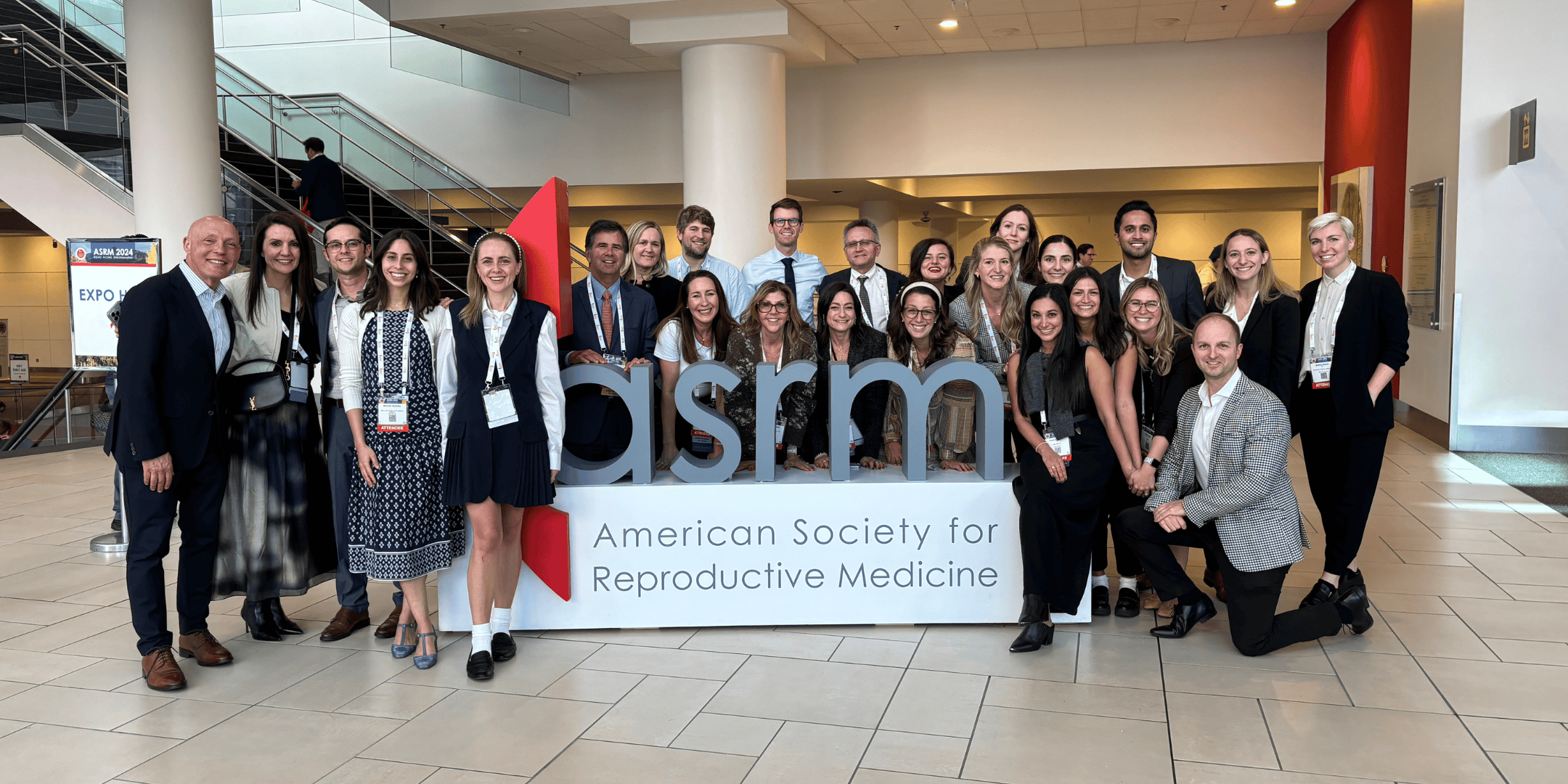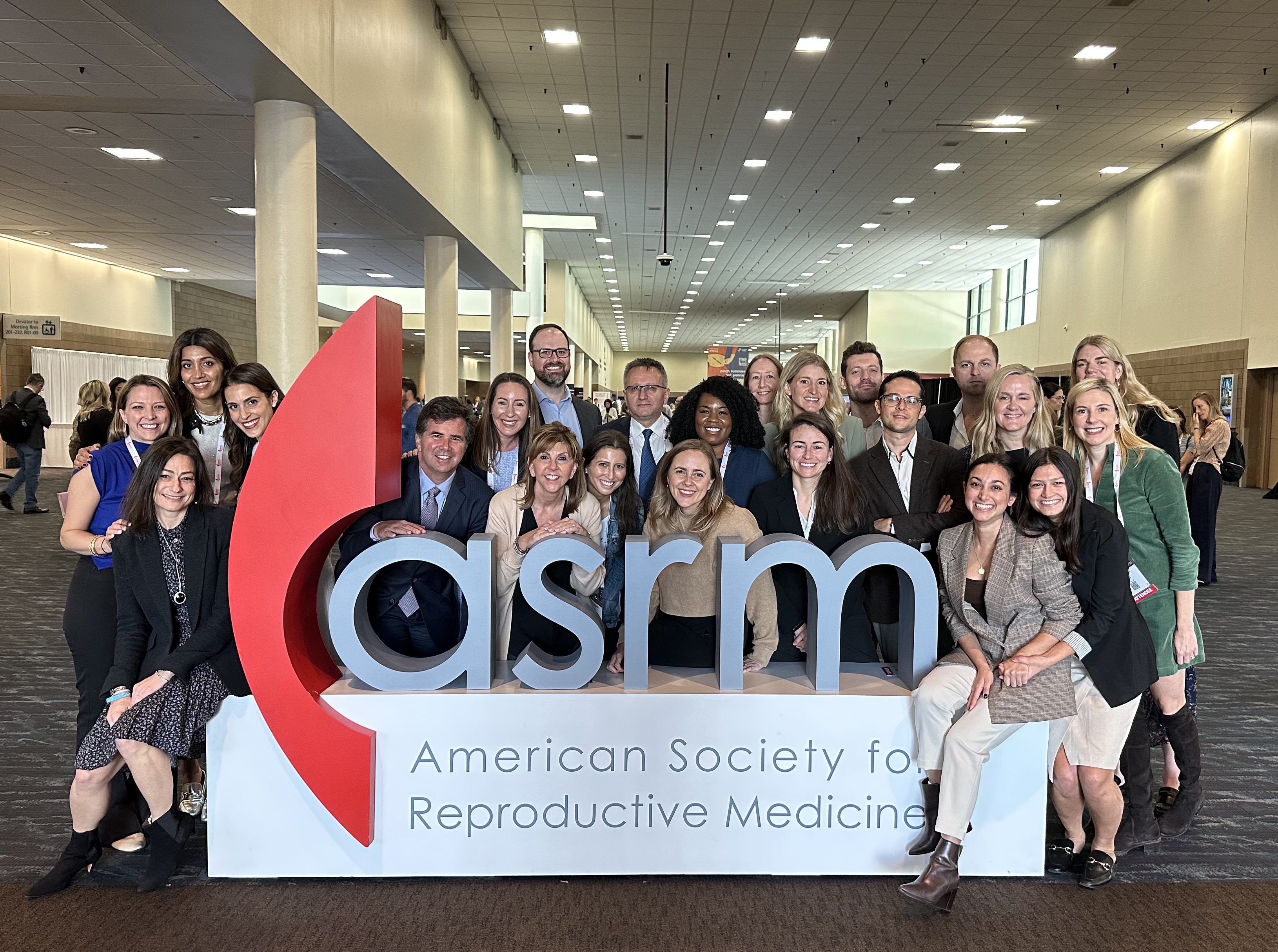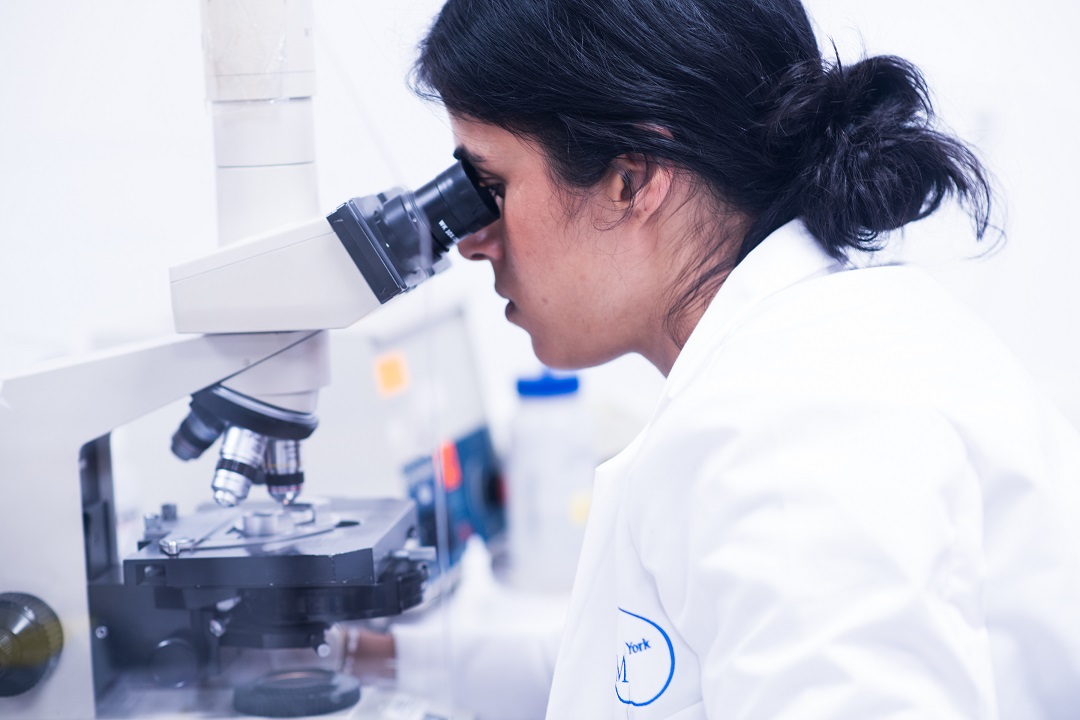Tag: Research

Looking Ahead to 2025: Celebrating Progress and New Beginnings
As we bid farewell to 2024, Reproductive Medicine Associates of New York reflects with pride on a …
December 19, 2024
Read More![ASRM 2024: Another Inspirational Meeting of Reproductive Endocrinology and Infertility]()
ASRM 2024: Another Inspirational Meeting of Reproductive Endocrinology and Infertility
The 2024 Annual Meeting of the American Society for Reproductive Medicine took place in Denver, …
November 14, 2024
Read More![RMA of New York Presents Ground-Breaking Research at ASRM 2023]()
RMA of New York Presents Ground-Breaking Research at ASRM 2023
Last week RMA of New York was in New Orleans for the 79th annual meeting of American Society for …
October 27, 2023
Read More![RMA of New York Anticipates ASRM 2023]()
RMA of New York Anticipates ASRM 2023
Next week is one of the most important and exciting weeks of the year for us, reproductive …
October 13, 2023
Read More![Novel Insights into the Phenomenon of Embryonic Mosaicism]()
Novel Insights into the Phenomenon of Embryonic Mosaicism
One of the greatest advances in the field of assisted reproductive technology is the advent of …
November 15, 2021
Read More![Advances in the Scientific Landscape: Highlights from the 77th Meeting of American Society for Reproductive Medicine]()
Advances in the Scientific Landscape: Highlights from the 77th Meeting of American Society for Reproductive Medicine
Last year, the 76th meeting of American Society for Reproductive Medicine took place in a virtual …
November 2, 2021
Read More![Fellowship: The Final Step in the Journey to Reproductive Endocrinology]()
Fellowship: The Final Step in the Journey to Reproductive Endocrinology
Deciding to seek care with a fertility specialist is an important step to understanding your …
August 9, 2021
Read More![Living with Lynch Syndrome: A Patient's Perspective]()
Living with Lynch Syndrome: A Patient's Perspective
Dr. Luz Estefhany Soto-Cossio, an internal medicine physician and Lynch syndrome carrier, has …
March 22, 2021
Read More![Frontiers of Reproductive Medicine and What is in the Horizon: Highlights from the 76th Meeting of American Society for Reproductive Medicine]()
Frontiers of Reproductive Medicine and What is in the Horizon: Highlights from the 76th Meeting of American Society for Reproductive Medicine
Although the 76th annual meeting of American Society for Reproductive Medicine took place in a …
November 4, 2020
Read More![Improving Fertility Treatment Outcomes with Real-Time Research]()
Improving Fertility Treatment Outcomes with Real-Time Research
Reproductive Medicine Associates of New York’s research team thrives on integrating with our …
October 14, 2019
Read More









